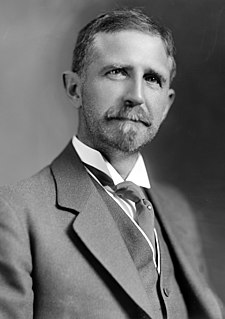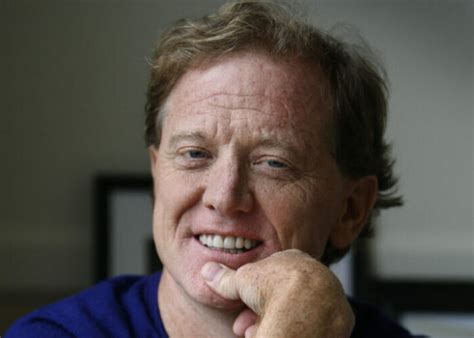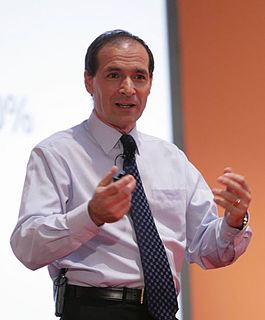A Quote by Roger Babson
More people should learn to tell their dollars where to go instead of asking them where they went.
Related Quotes
If churches saw their mission in the same way, there is no telling what might happen. What if people were invited to come tell what they already know of God instead of to learn what they are supposed to believe? What if they were blessed for what they are doing in the world instead of chastened for not doing more at church? What if church felt more like a way station than a destination? What if the church’s job were to move people out the door instead of trying to keep them in, by convincing them that God needed them more in the world than in the church?
It doesn't take billions of dollars or complex medical technologies, and there doesn't have to be a dramatic upending to the current order. It's trying to change the mindset of people who deal with youth to have less judgement and more curiosity. That's asking a lot, emotionally it's asking people to step up and engage more. But what I often heard was that is easier for them to engage emotionally, than to just be angry and judgmental.
I think my deepest criticism of the educational system . . . is that it's all based upon a distrust of the student. Don't trust him to follow his own leads; guide him; tell him what to do; tell him what he should think; tell him what he should learn. Consequently at the very age when he should be developing adult characteristics of choice and decision making, when he should be trusted on some of those things, trusted to make mistakes and to learn from those mistakes, he is, instead, regimented and shoved into a curriculum, whether it fits him or not.
For me, I go somewhere for three days, and then I come back and I want to change everything, and so it's a fight with everybody. I'm transforming and convincing. It's more than designing. It's shaking people and trying to give them direction. I'm a bit of a control freak. This is a problem as I get older, and it's something I should work on. I should be more confident - learn to trust people and give them freedom and delegate.
It's terrifying to think about all things that were awful for you. But for me, sharing all of them was so satisfying, because people read them and get to go, "Oh, okay, I don't have to feel so shitty about that," or maybe even, "Why was I feeling so shitty about that? I should own that and learn from that." Those are the sorts of stories I want to tell.
If we want leaders to make good decisions amid huge complexity, and learn how to build great teams, then we should send them to learn from people who've proved they can do it. Instead of long summer holidays, embed aspirant leaders with Larry Page or James Dyson so they can experience successful leadership.




































